China's first Nobel laureate, Yang Chen-Ning, dies, aged 103

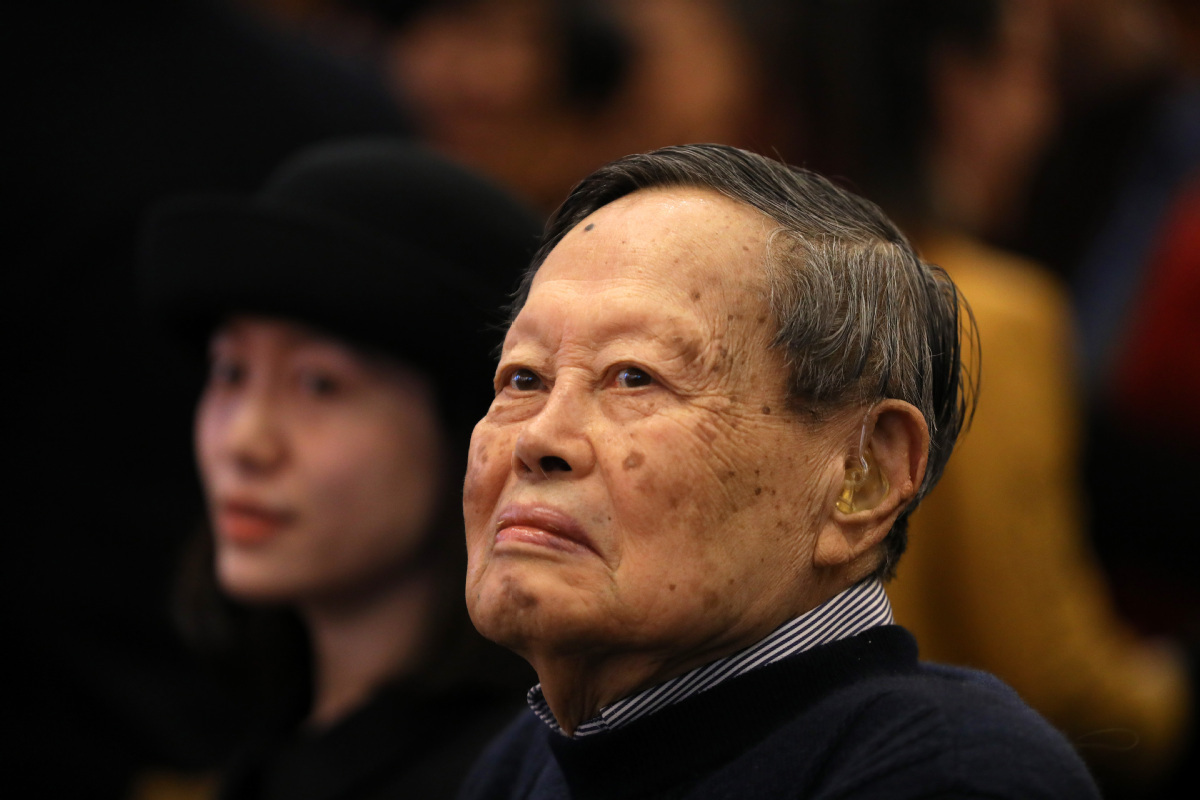
Yang Chen-Ning, a world-renowned physicist and Nobel laureate, passed away in Beijing on Saturday at 103.
Yang, an academician of the Chinese Academy of Sciences, professor at Tsinghua University, and the honorary president of the Institute for Advanced Study at Tsinghua, died after an illness, the university said in an obituary, calling the late professor "immortal".
Together with his colleague Tsung-dao Lee, Yang was awarded the Nobel Prize in Physics in 1957 for their theory of parity non-conservation in weak interaction.
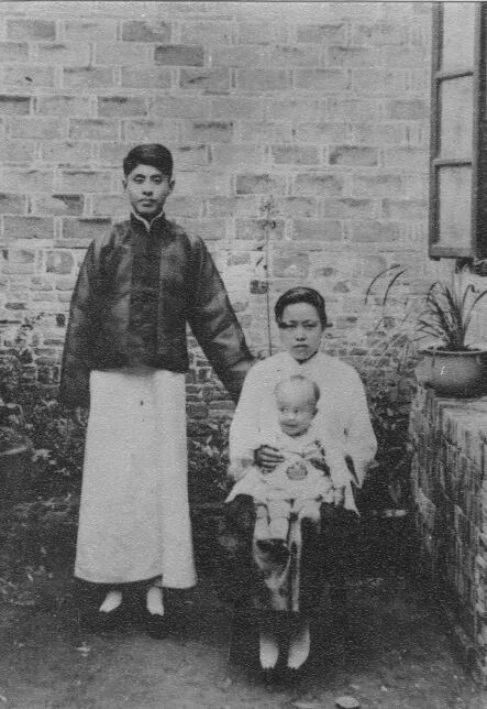
He was often ranked alongside Albert Einstein as one of the 20th century's greatest physicists.
Born in Hefei, Anhui province, in 1922, Yang moved with his family to Tsinghua in 1929. He enrolled at the National Southwestern Associated University in 1938 and later entered the graduate school of Tsinghua University in 1942, earning a master's degree in science in 1944. In 1945, he went to the United States for further studies as a Tsinghua University government-sponsored student, attending the University of Chicago, where he received his PhD in 1948 and remained for postdoctoral work.
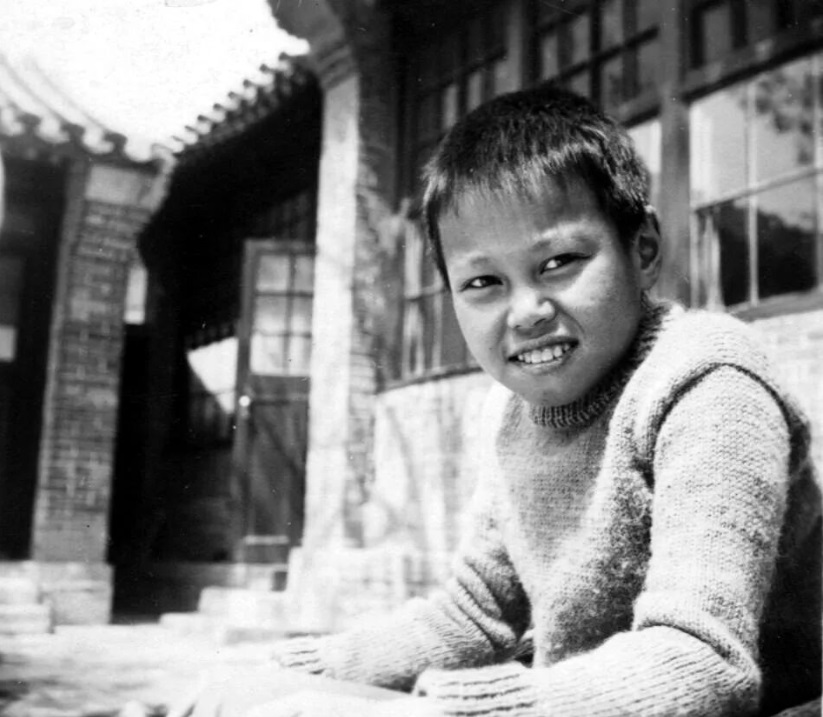
He joined the Institute for Advanced Study in Princeton in 1949, becoming a permanent member in 1952 and a professor in 1955. In 1966, he was appointed as the Albert Einstein Professor of Physics at the State University of New York at Stony Brook, working there until 1999.
Since 1986, he had been a visiting professor at the Chinese University of Hong Kong. From 1997, he served as the honorary director of the newly established Center for Advanced Study — now the Institute for Advanced Study — at Tsinghua University and became a Tsinghua professor in 1999.
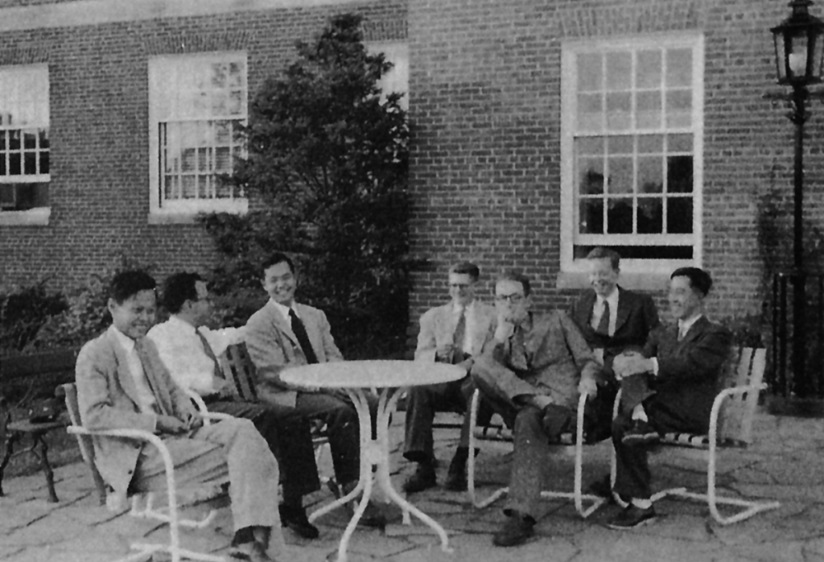
Yang, having made seminal contributions to modern physics, is recognized as one of the most eminent physicists of the 20th century. His work with Robert Mills on the "Yang-Mills theory" laid the foundation for the Standard Model of particle physics and is regarded as one of the cornerstones of modern physics, comparable in significance to Maxwell's equations and Einstein's theory of general relativity.
In collaboration with Tsung-Dao Lee, he proposed the non-conservation of parity in weak interactions, a revolutionary idea for which they were jointly awarded the Nobel Prize in Physics in 1957, becoming the first Chinese Nobel laureate.
Yang was a foreign member of more than ten academies of sciences worldwide and received honorary doctoral degrees from over twenty renowned universities.
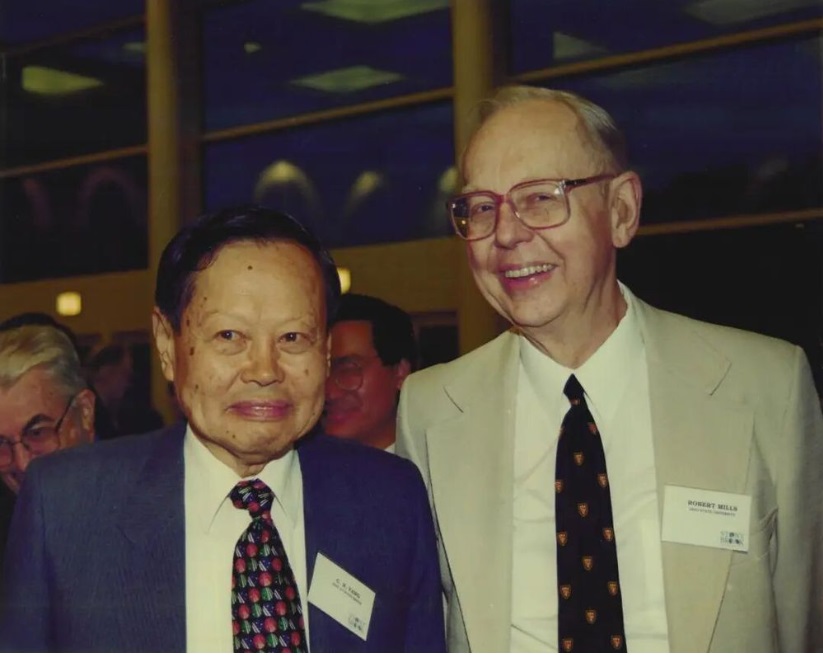
Yang maintained a deep affinity for his homeland and made outstanding contributions to China's scientific and educational development. His first visit to the People's Republic of China in 1971 helped initiate a wave of visits by overseas Chinese scholars, earning him recognition as a pioneer in building academic bridges between China and the United States.
He later proposed the restoration and strengthening of basic scientific research to China's central leadership and personally raised funds to establish a committee for educational exchange with China — sponsoring nearly a hundred Chinese scholars for further studies in the US. Many of those scholars later became key figures in China's scientific and technological advancement. Yang played a significant role in promoting domestic scientific exchange and progress, offering crucial advice on major national scientific projects and policies.
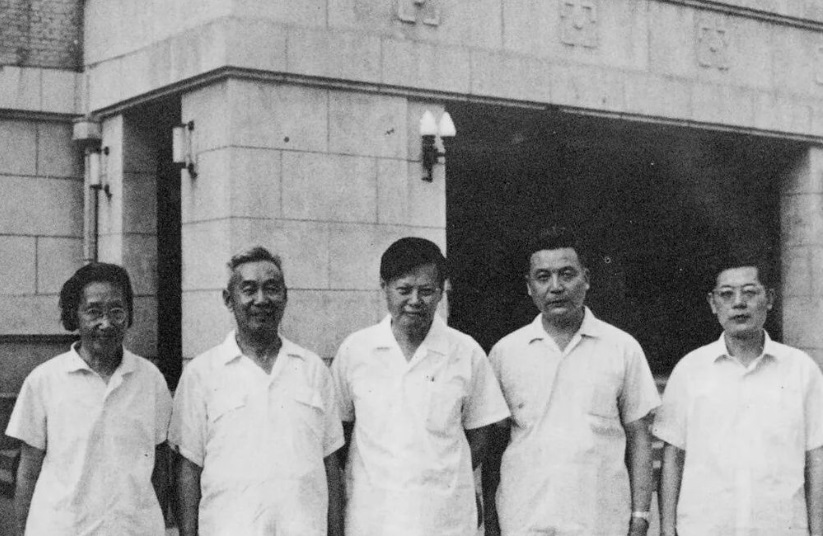
Upon his return to Tsinghua, he dedicated himself to the development of the Institute for Advanced Study, investing immense effort into the growth of basic disciplines like physics and the cultivation of talent at Tsinghua, significantly impacting the reform and development of China's higher education.
The life of Professor Yang was that of an immortal legend — exploring the unknown with a timeless echo of a heart devoted to his nation, the obituary said.
Yang's century-long journey constitutes an eternal chapter shining among the stars of humanity, it said.
- National Games vibe is everywhere in Guangzhou
- Forum unites global experts to enhance city image communication
- Miao New Year celebrations get underway in Guizhou's Leishan county
- Mainland spokesman reiterates stand on Taiwan
- Fujian county's rural development becomes a big draw for Taiwan investors
- Nobel laureate in chemistry: Give young scientists more independence




































